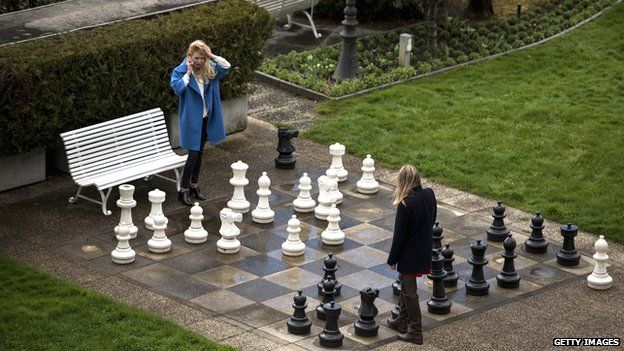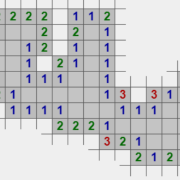
Humans have always had a knack for recreating the thrills of conflict without the real-world consequences. The need for strategy, competition, and even a taste of warfare has been ingrained in us for ages. From the strategic board of chess to the virtual battlegrounds in Call of Duty, war games have evolved tremendously. Let’s embark on a journey to discover this fascinating evolution.
The Intellectual Battle of Chess
Chess, a game older than the written word itself, provides an abstract representation of war. Two armies, each led by a king, battle for dominance on an 8×8 grid. Every move is about strategy and predicting your opponent’s next step. The origins of chess are debated but many believe it originated in India during the Gupta Empire. What’s undisputable is its impact. Chess spread like wildfire to Persia, and later to the Islamic world, and finally Europe. Its universal appeal? Maybe it’s the blend of simplicity and depth. Or maybe it’s the allure of being a general, commanding troops.
War Board Games: Rise of the Tabletop Generals
As centuries rolled on, new games entered the scene. Risk, for example, introduced players to global conquest. Instead of an 8×8 board, players now had the entire world map, moving troops, attacking foes, and forming shaky alliances. Strategy still reigned supreme, but the stakes felt grander. And with this, the representation of war became a little more real, a little more expansive.
The Digital Era: Pixels and Warfare
With the advent of computers and gaming consoles, war games underwent a significant transformation. Gone were the static boards; in came the dynamic, ever-evolving landscapes of titles like Command & Conquer and Age of Empires. These games offered real-time strategic combat, where your decisions had immediate effects on the battlefield. The screen became a window to ancient civilizations, future dystopias, and everything in between.
FPS and the Call to Arms
Enter the era of first-person shooters (FPS) a drastic shift from overarching strategy to boots-on-the-ground action. Doom and Wolfenstein 3D paved the way, but Call of Duty took the world by storm. No longer were players distant commanders; they were soldiers. Every bullet fired, every grenade thrown, every quick decision made was up close and personal. This immersion, coupled with online multiplayer, made war games a community experience. Players from across the globe could team up or face off in virtual skirmishes.
War Games as Teaching Tools
Some might argue, but many war games, especially the historically accurate ones, serve as educational tools. They introduce players to historical events, battles, and strategies. It’s one thing to read about the Battle of Normandy; it’s quite another to “experience” it in a game scenario. Of course, it’s not real combat, but it provides a semblance, a small taste, and perhaps even an appreciation for the realities of war.
Casino Online: The Unexpected Battlefield
Now, if you think about it, isn’t strategy a big part of many games, not just war ones? Take casino online games, for example. Like chess or Call of Duty, players need to think, plan, and sometimes even get into the heads of their opponents. Whether it’s poker, where you predict your opponents’ moves, or blackjack, where you strategize against the dealer, the essence is the same. Every game, be it war-themed or casino-themed, taps into our love for challenge, strategy, and competition.
What’s Next? Virtual Reality and Beyond
Today, with the dawn of virtual reality (VR), war games are entering a new dimension. Imagine not just controlling a character on a screen but being in the game. The lines between reality and gaming blur, and the experiences become incredibly immersive. The potential is limitless. Perhaps future games will allow players to reenact historical battles accurately or even simulate hypothetical war scenarios for real-world military training.
Conclusion: The Game of Evolution
War games, from the days of chess to the current Call of Duty era, have continually mirrored our innate desires for strategy, competition, and vicarious experiences of combat. Just as chess pieces evolved to pixels and then to immersive VR avatars, our appetite for innovation in gaming remains unquenched. As technology and creativity push boundaries, who knows where the next game will take us? All we can be sure of is that the journey will be thrilling, challenging, and, of course, evolutionary.
















